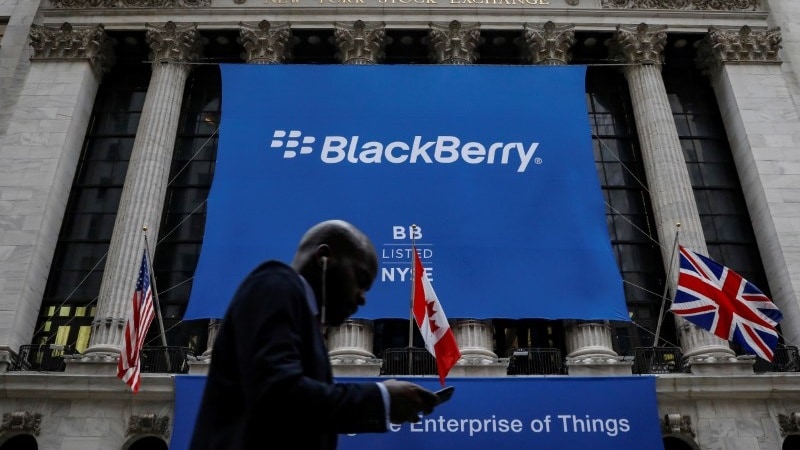
Canada’s BlackBerry announced the outsourcing of a significant part of its patent licensing efforts on Wednesday to a unit of the US-based Marconi Group.
BlackBerry said the work of sub-licensing a broad range of its patents to global smartphone manufacturers will fall to Teletry.
Teletry is part of the Marconi Group, which launched earlier this year and says it specializes in patent licensing across a broad range of technologies and products.
BlackBerry said it would retain ownership of its roughly 40,000 patents – which span operating systems, networking infrastructure, automotive subsystems, cyber security and wireless communications – and operate its own licensing programme outside of Teletry’s sub-licensing rights.
Financial terms of the deal were not disclosed.
“They’re basically saying ‘I don’t want to build this internal team up at BlackBerry, I want to outsource it,” said Todd Coupland, an analyst at CIBC World Markets.
“It allows BlackBerry to focus on their core business, which is not patent licensing. I don’t have a problem with that,” Coupland said.
He added that BlackBerry should focus on winning more deals for its QNX operating system to be used in the automotive industry – a key potential source of future growth.
BlackBerry Chief Executive John Chen had made monetizing the company’s intellectual property a key pillar of his plan to turn the company around after ceding the handset market it once dominated to rivals.
Chen said last month that BlackBerry had more than 80 people working on patent deals, although several senior members of the team have departed in recent months, including Mark Kokes, who left the company to take a job at health technology company NantWorks LLC, two sources have previously said..
Marconi’s leadership team includes Kasim Alfalahi, the former head of patent licensing at Ericsson , and Eric Reifschneider, who was previously general manager for Qualcomm Inc’s licensing efforts.
Such sub-licensing deals typically involve very little in terms of upfront payments, industry participants say, with the patent enforcers providing their expertise in exchange for a cut on any deals reached.
[“source=gadgets.ndtv”]

